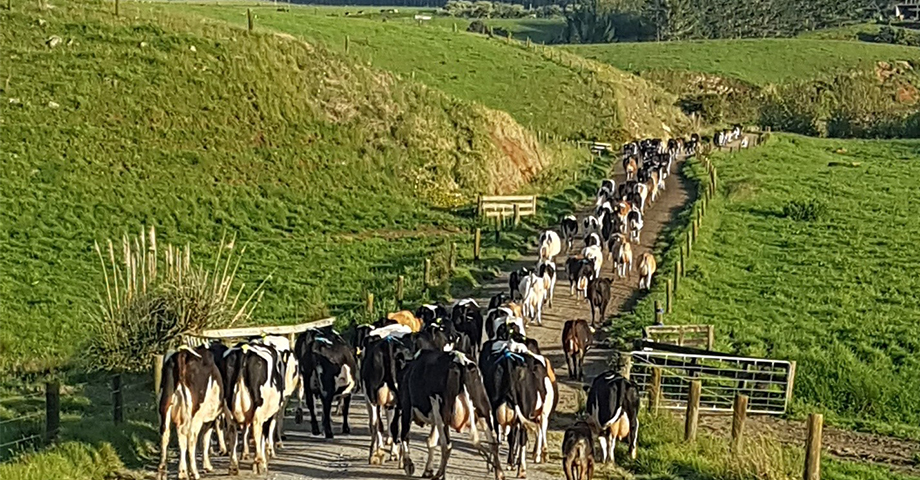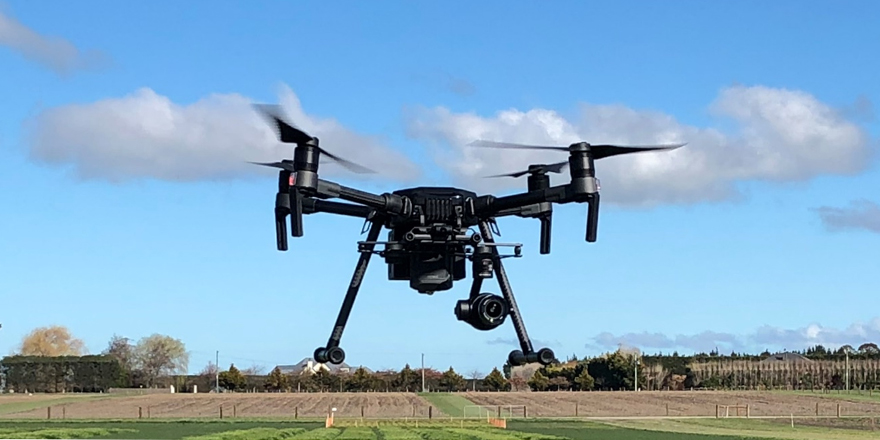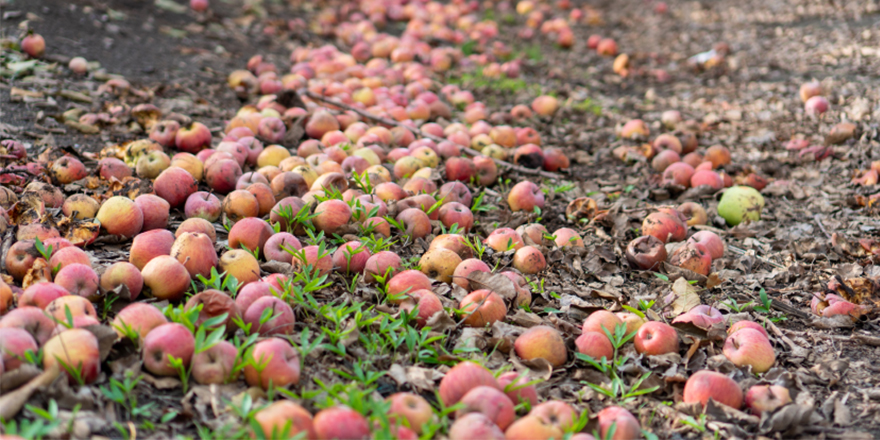
Executive summary
The board of directors is critical to the success of a business. The board is responsible for approving major strategic and financial decisions and for the critical tasks of both monitoring and partnering with the CEO.
In addition to these roles, the board is a resource, providing perspectives on member needs with their knowledge about agricultural production and agribusiness industries (Kenkel, 2020).
The aim of this report to gain insight into diversity on farmer elected boards and how the integration of independent directors has positively influenced board performance.
This report investigates boards that have a high representation of farmers, to understand whether this dynamic allows best performance, against an increased ratio of independent directors influencing the board performance.
The report also covers the pros and cons of the ward election system. The report contains analysis of key literature, to understand the functions of a high performing board, as well as how diversity fits into the board room. It reviews the ongoing discussion topic of ‘director elections’, using the ward system or across the whole country to understand the impact this has on board performance.
The consideration of these factors provide insight as to where and how farmers could better prepare themselves for director roles.
Key findings:
Within the food and fibre sector, diversity plays a huge role, whether that be on a governance board or in the packing room at an abattoir. It is important to consider that diversity might not be just about what we see, but rather the thought and skills of individuals.
We are very quick to judge organisations on the diversity of their board members when we have very little knowledge on the diversity of thought and skills of those people. Throughout the interviews, it was frequently mentioned that a mix of things such as age, gender and ethnic background was needed to achieve diverse thought and skillsets.
Farmers play a significant part on governance boards within the primary sector. As farmers, we must strive to gain the necessary skills required to become valuable directors of these organisations. We must continue to look to the future with regard to our candidate development, but also not lose sight of the value experienced directors bring.
Recommendations
- Boards to convey what skill gaps they are seeking to fill at the time of farmer elections so farmers can vote knowing they are putting the right person into the role.
- Candidates at every election to advertise their skills matrix on the candidate profile form.
- Farmers with a passion for the progression of the food and fibre sector must seek the necessary skills needed to fill these roles. In turn encouragement must be given to those with the same passion but are less likely to put themselves forward for election.
- Aspiring directors, work in management before working in governance. Governance roles require experience, and experience comes with higher level management roles within organisations.
“There’s nothing better for board training than having been accountable to a board.”
– Industry Leader
Download and read the full report here




